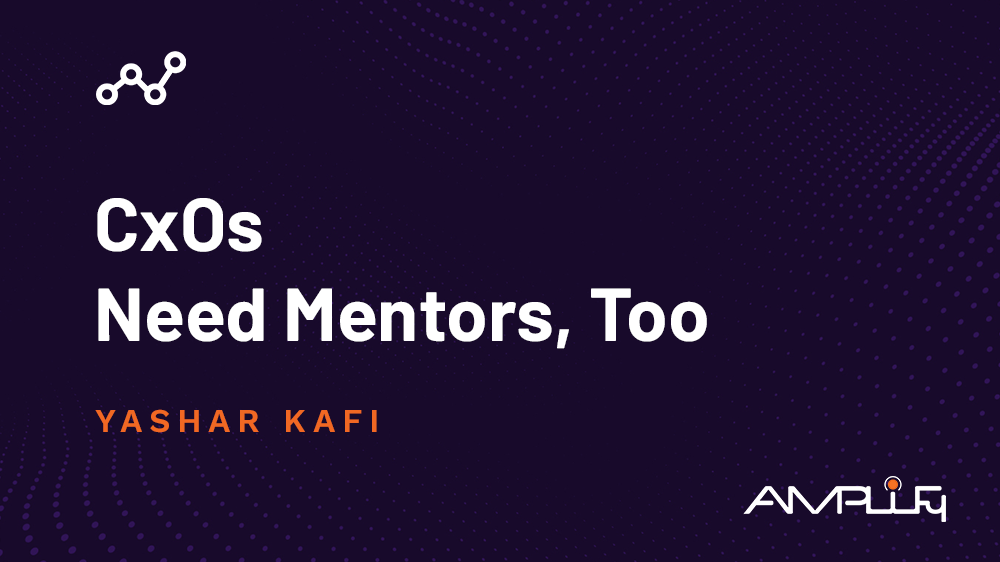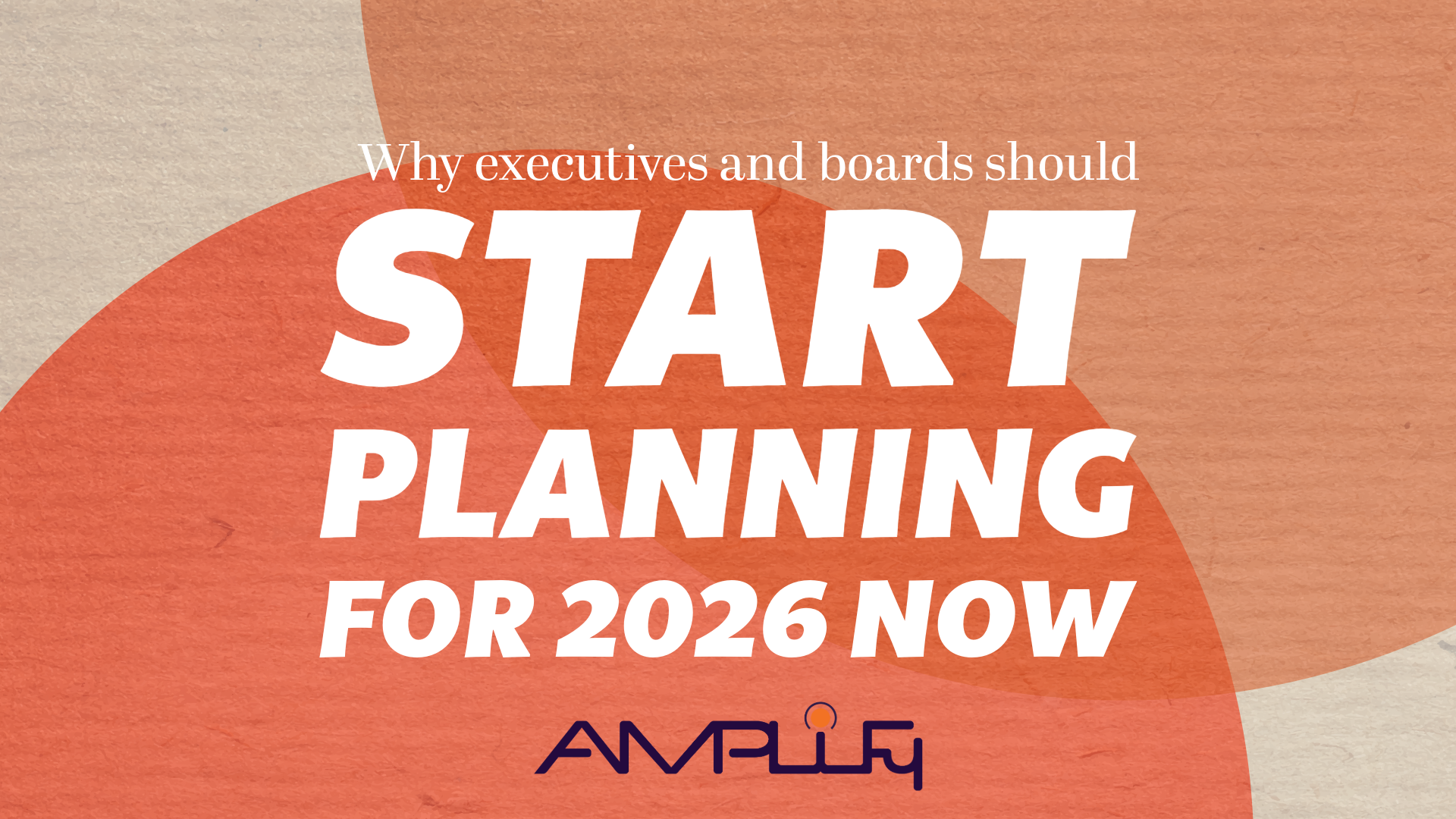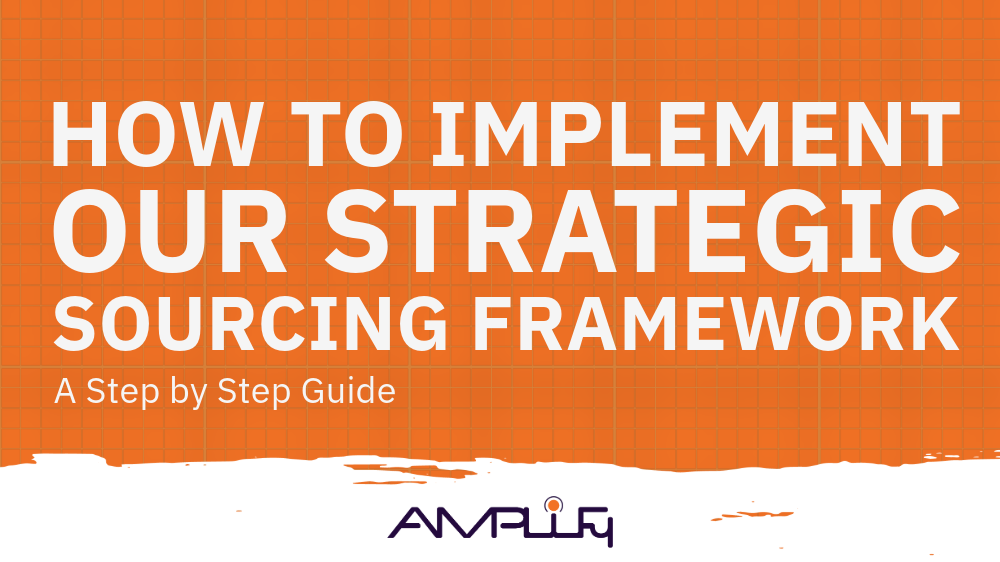CxOs Need Mentors, Too
Of the many factors that contribute to professional success, I have discovered that one of the most overlooked is the impact of a quality mentor at the right time in your career. Although many organizations broadly acknowledge the importance of mentorship, they tend to overlook the ways in which this type of guidance helps individuals to navigate their professional journeys, unlocking their full potential along the way. The value of mentorship even extends beyond junior employees, reaching to the upper echelons of leadership to the C-Suite level. For one such beneficiary, CxOs, embracing the power of mentoring is vital.
There are two types of mentors. The first type, internal mentors, are the kind we most frequently think of when discussing mentorship: these mentors offer knowledge and understanding of organizational culture, processes and goals. This insight originates from firsthand experiences within the organization, allowing these mentors to help shepherd young professionals through the ranks. However, there is a second kind of mentorship that lies with embracing a network
that extends beyond organizational boundaries. CxOs can reap substantial benefits by seeking guidance from external mentors, particularly experienced consultants who possess an understanding of customer engagement strategies.
One key advantage of working with external mentors is that you gain a perspective you would never otherwise encounter within your own organization. For example, consultants often bring extensive cross-industry experience, which allows them to identify emerging trends, comprehend shifting customer behaviors and offer outside solutions. Moreover, external mentors
provide invaluable unbiased feedback, unburdened by internal politics or personal agendas. This impartiality helps empower CxOs to objectively evaluate their strategies and make data-driven decisions. By leveraging their mentors’ extensive industry experience, CxOs can gain strategic insights that align with evolving market dynamics—this enables them to navigate their organizations toward prosperity.
Customer engagement is
the foundation for sustainable growth in the modern business landscape. It is imperative for CxOs to continually refine their focus toward delivering exceptional customer experiences. This only increases the importance of crafting customer-centric strategies, implementing effective communication channels and nurturing customer relationships. External mentors have the background to offer this kind of guidance as well as to make recommendations aimed at fostering customer loyalty and differentiating CxOs’ organizations within the market.
However, the importance of mentorship extends beyond mere skill development and knowledge acquisition. It also plays a critical role in the personal growth and development of CxOs as leaders. The responsibilities held by CxOs are unique; navigating these challenges requires a flexible and adaptable mindset. By expanding their network to embrace external mentors, CxOs are exposing themselves to
diverse perspectives and expertise to broaden their horizons and enhance their leadership capabilities.
There is no question that internal mentors are valuable resources for professional careers, and CxOs should not overlook the advantages the come from these types of mentors. That being said, engaging with experienced consultants who possess specialized knowledge in customer engagement strategies can provide freshly needed perspectives, unbiased feedback and strategic insights. External mentors allow CxOs to truly focus on delivering exceptional customer experiences and unlocking their full potential as leaders. By embracing a diverse mentoring network, CxOs can position themselves for remarkable success and leverage that position to gain ground in what is becoming an increasingly competitive business landscape.




